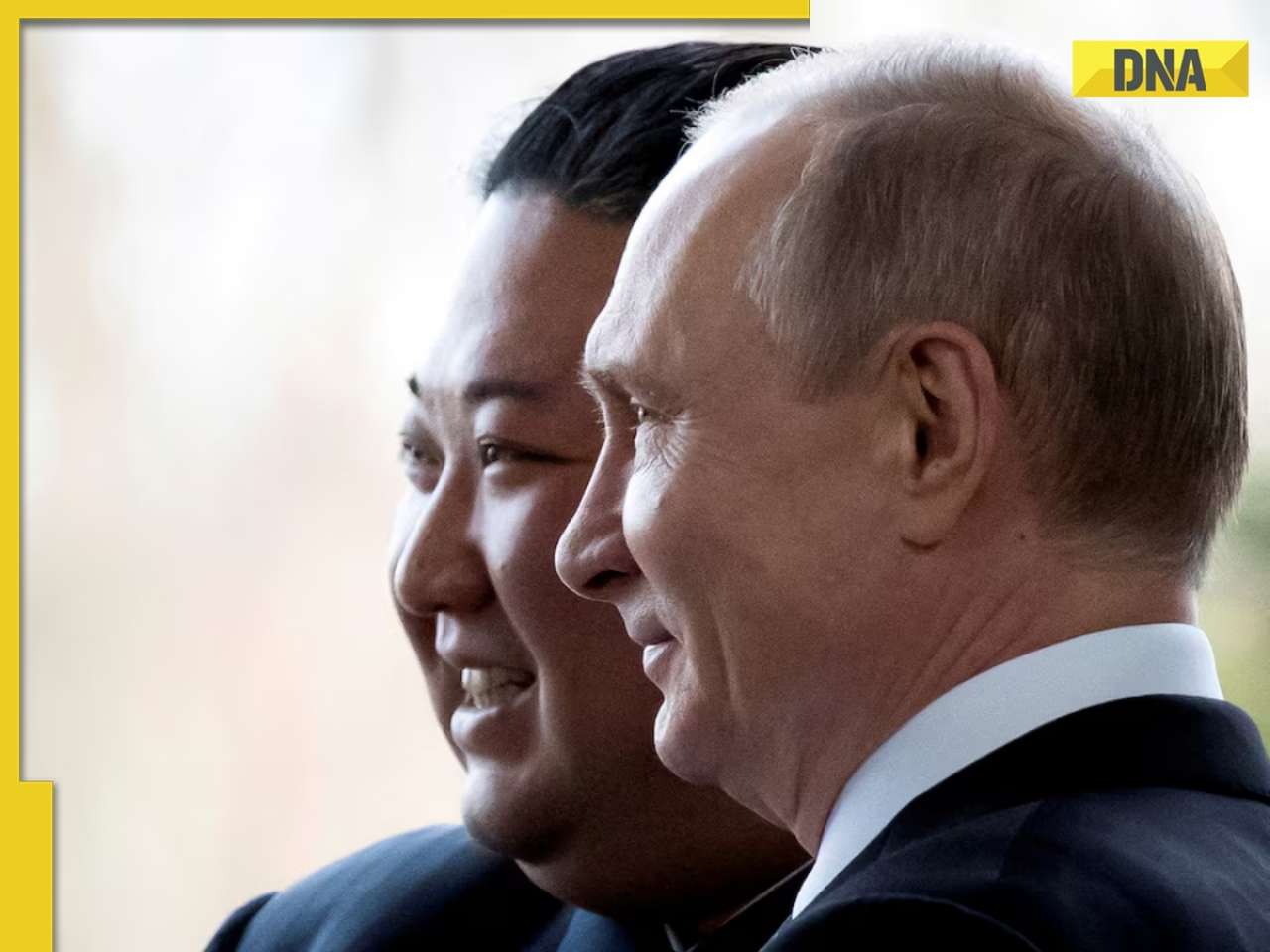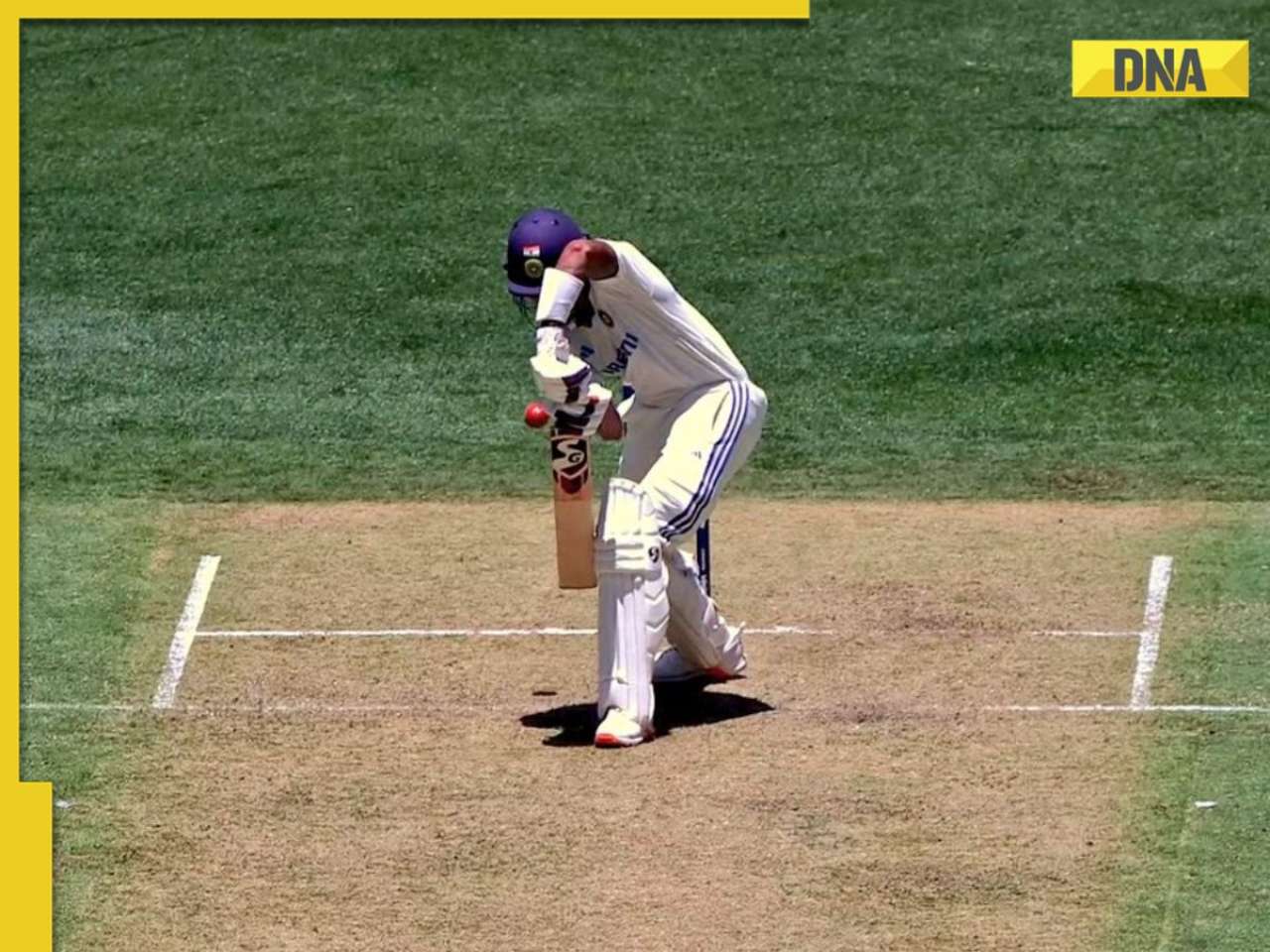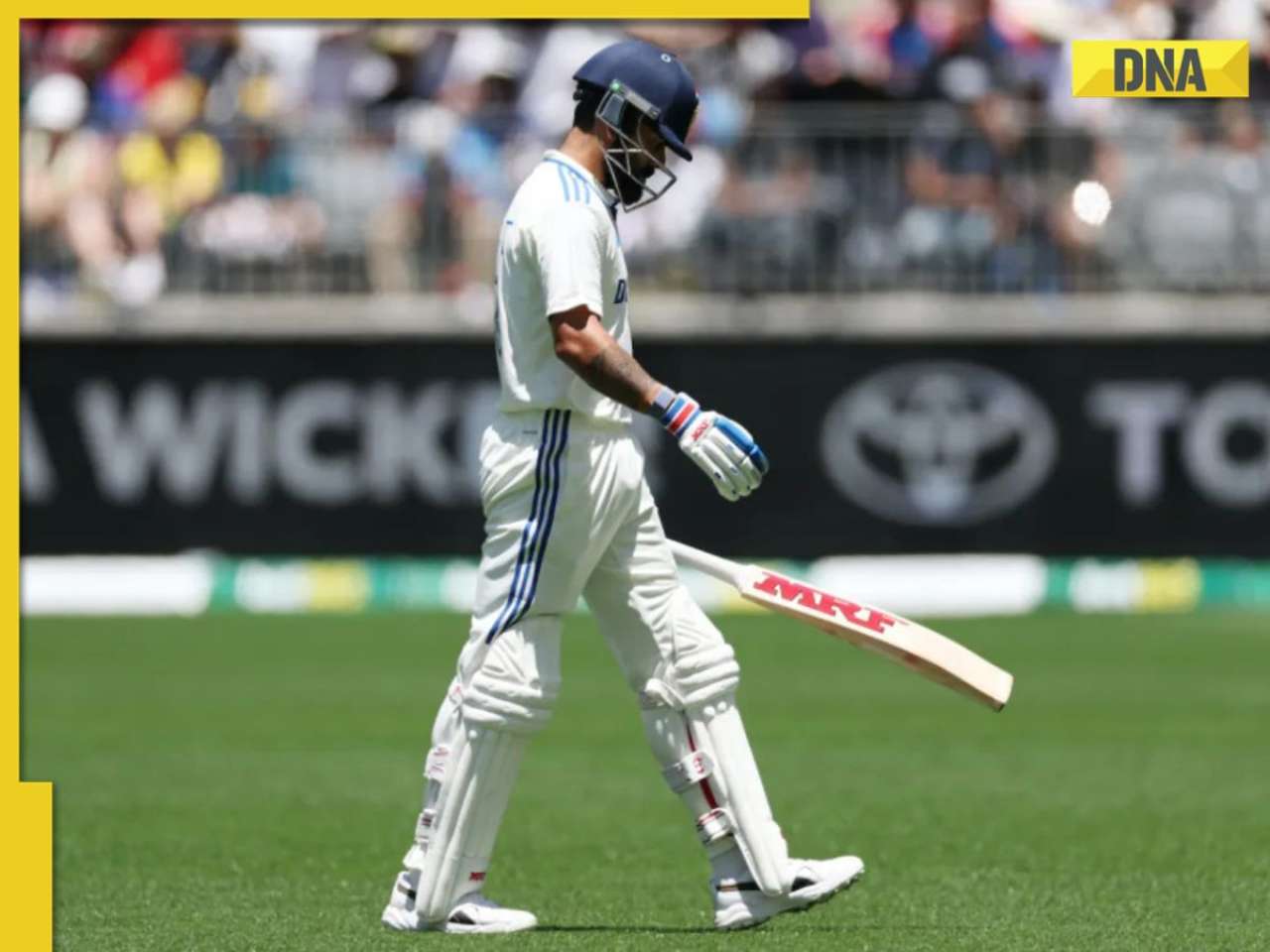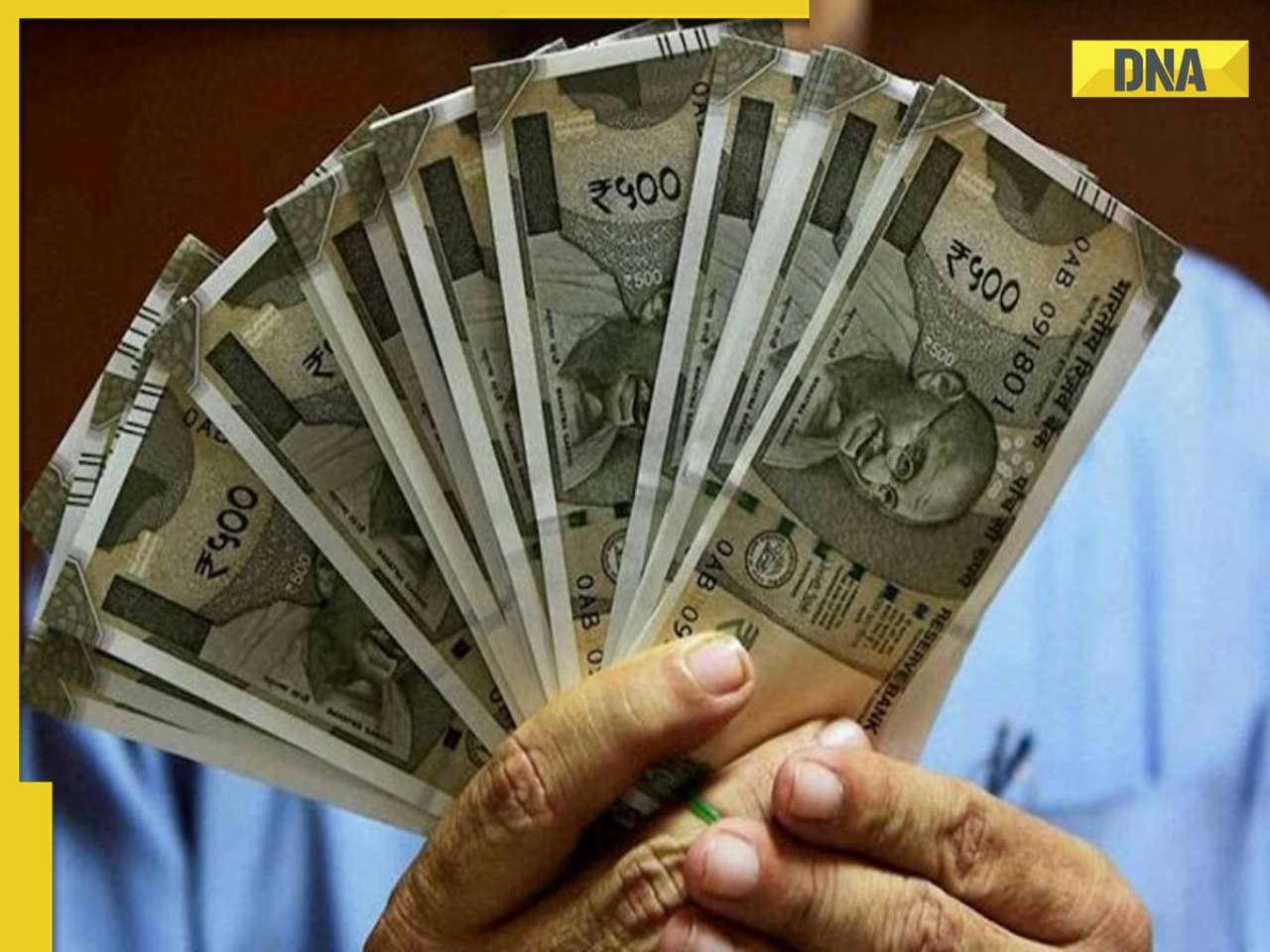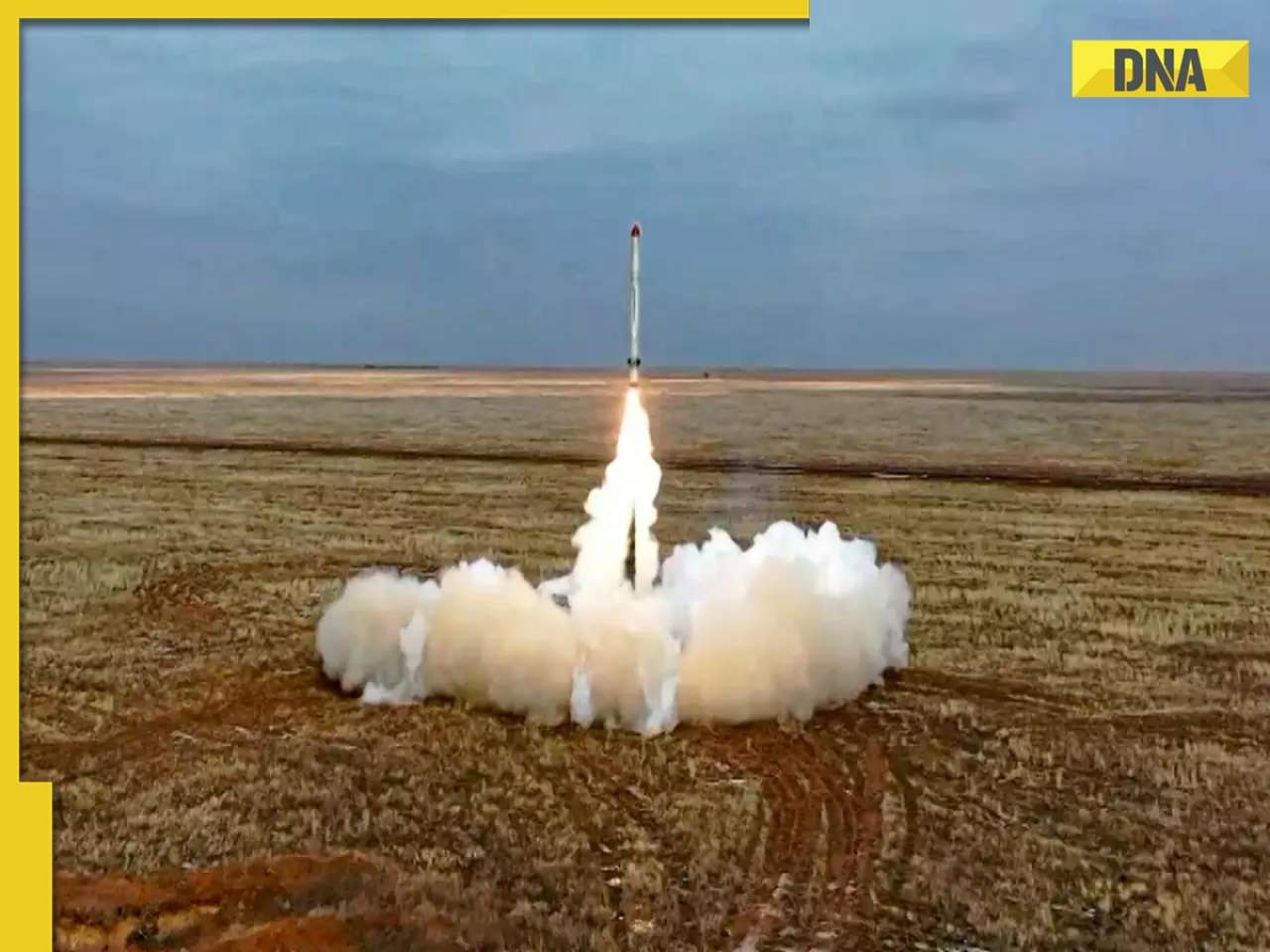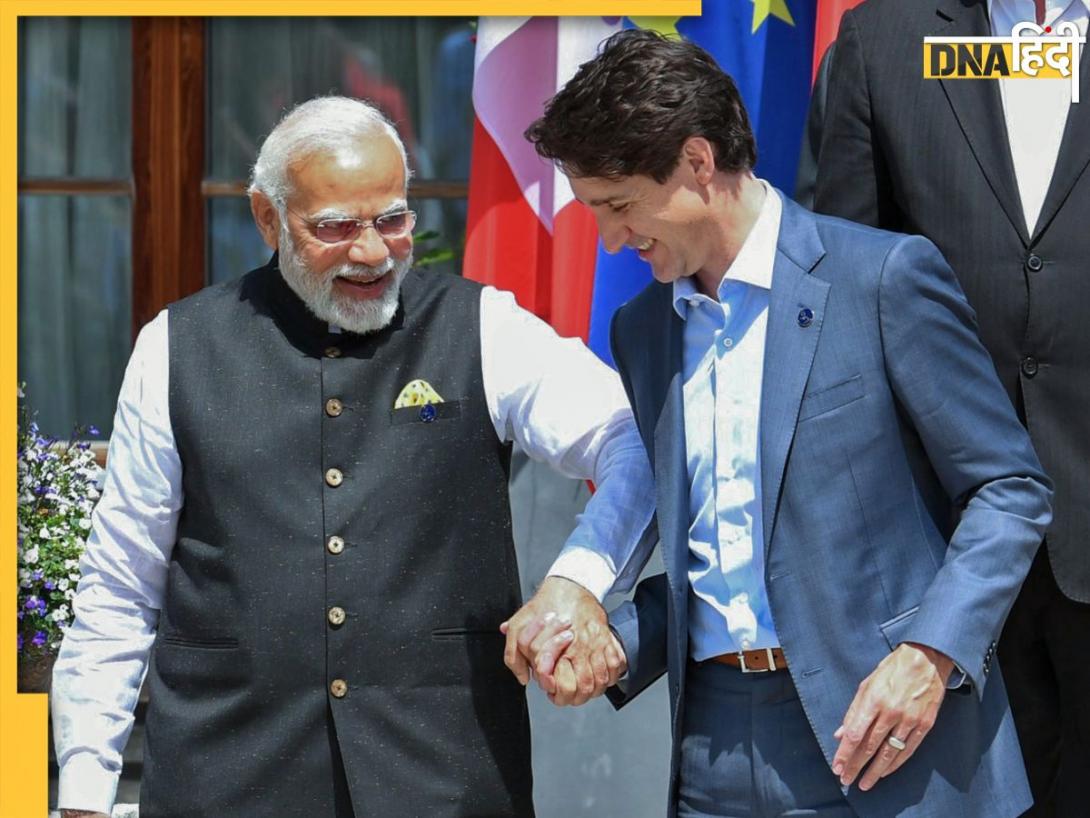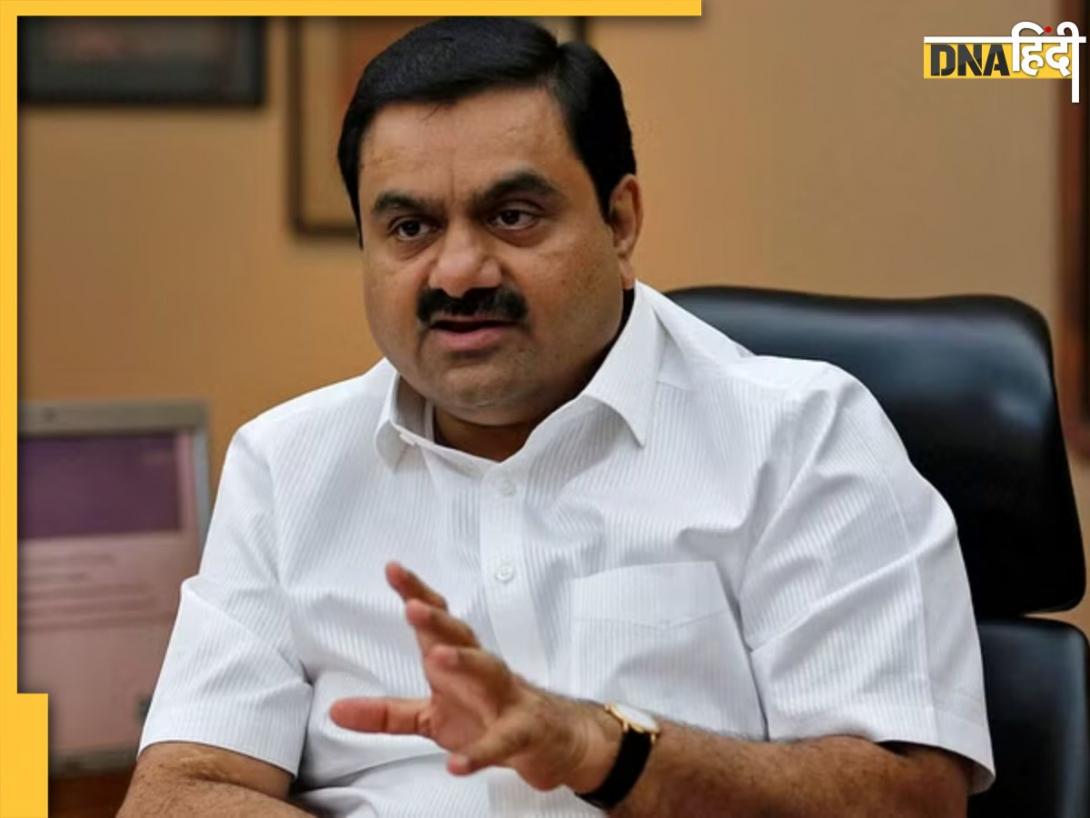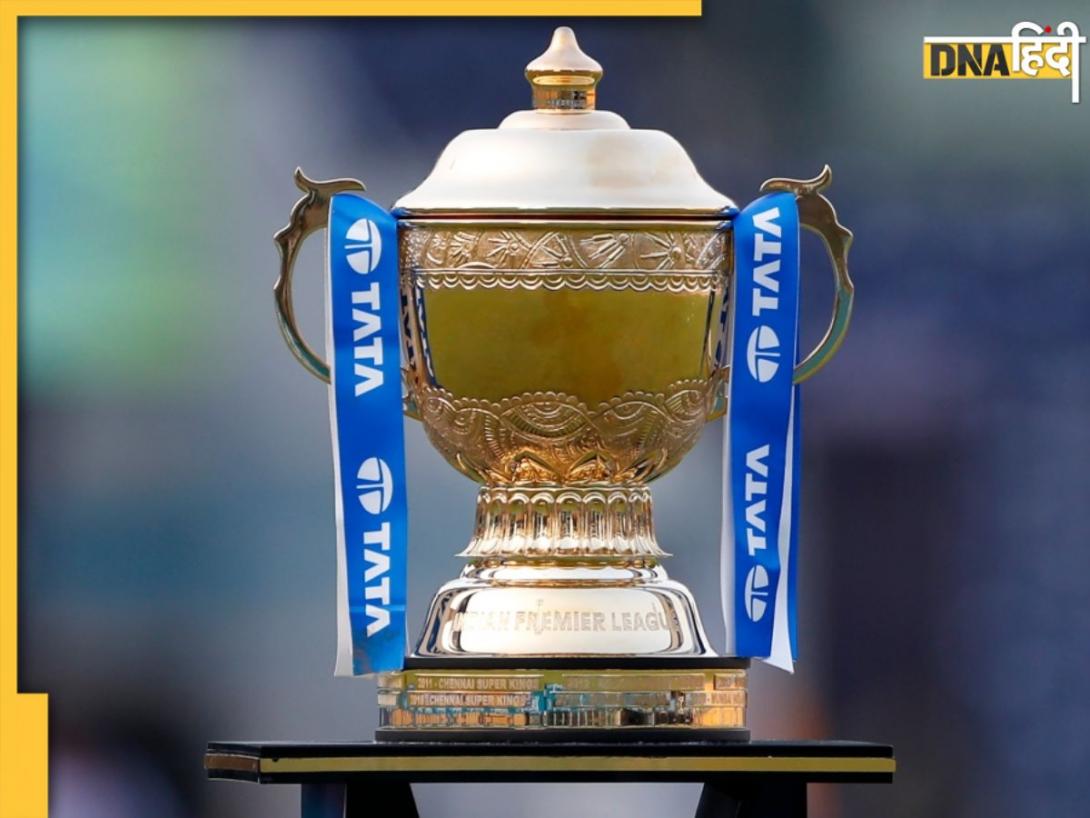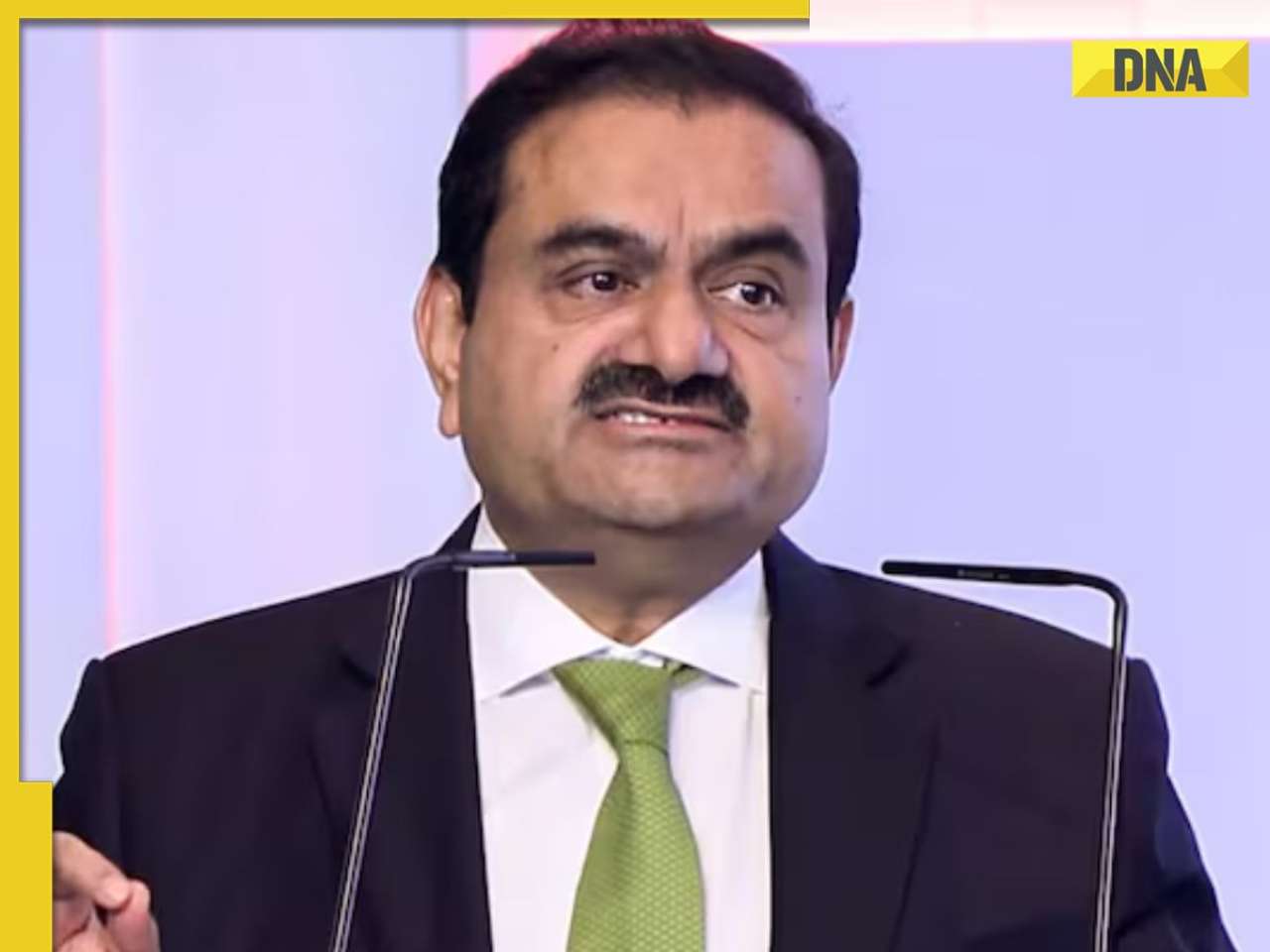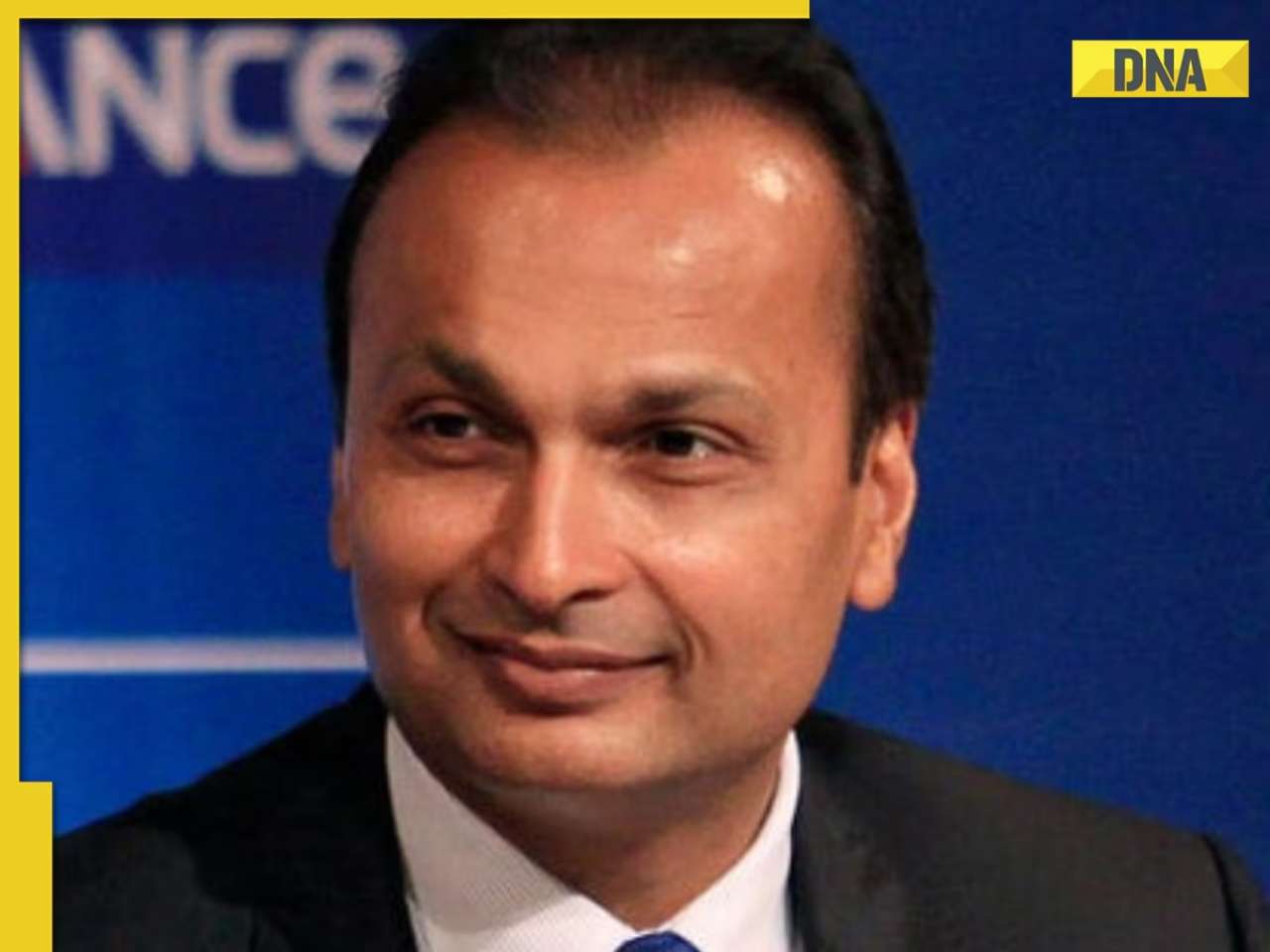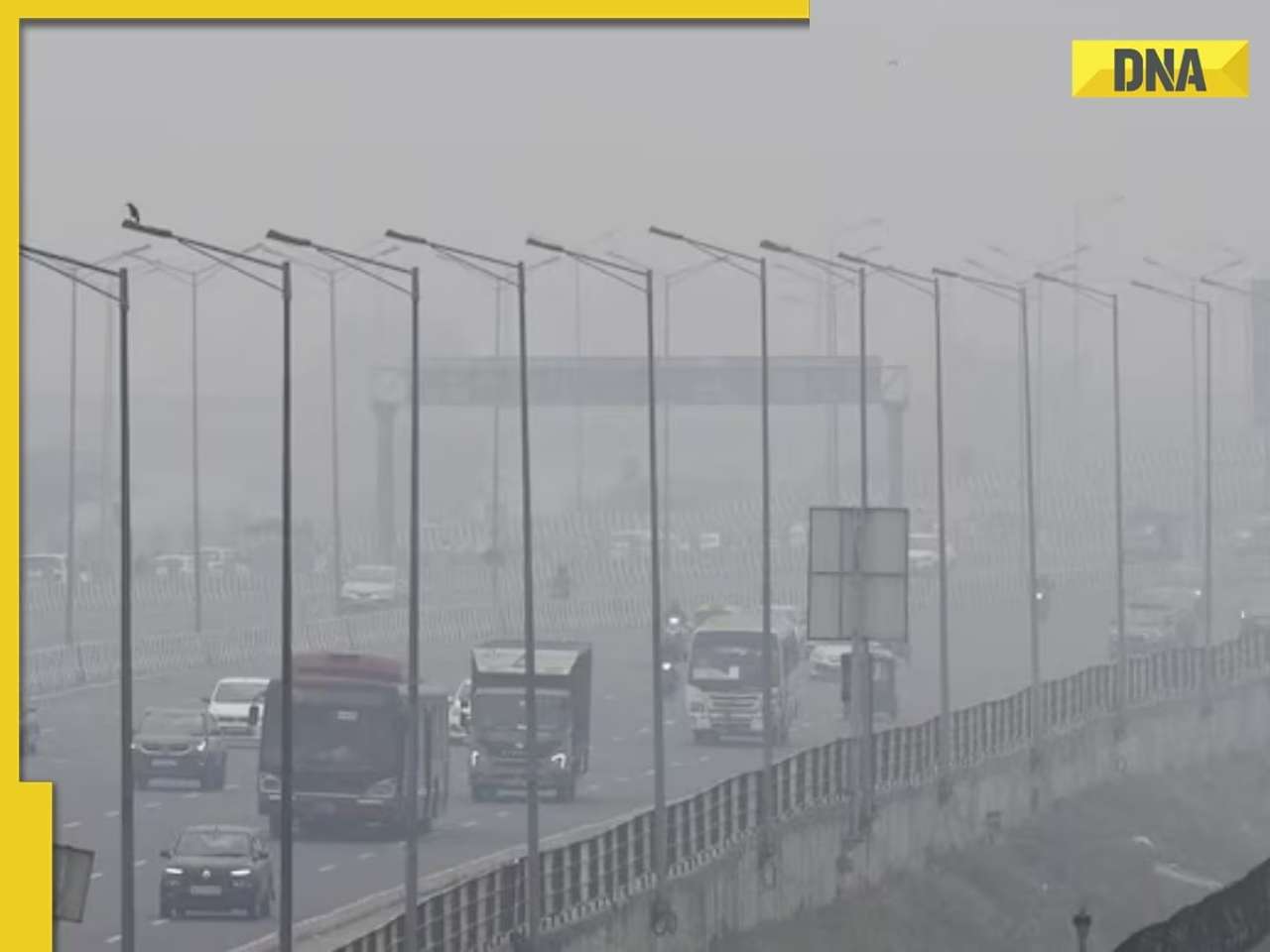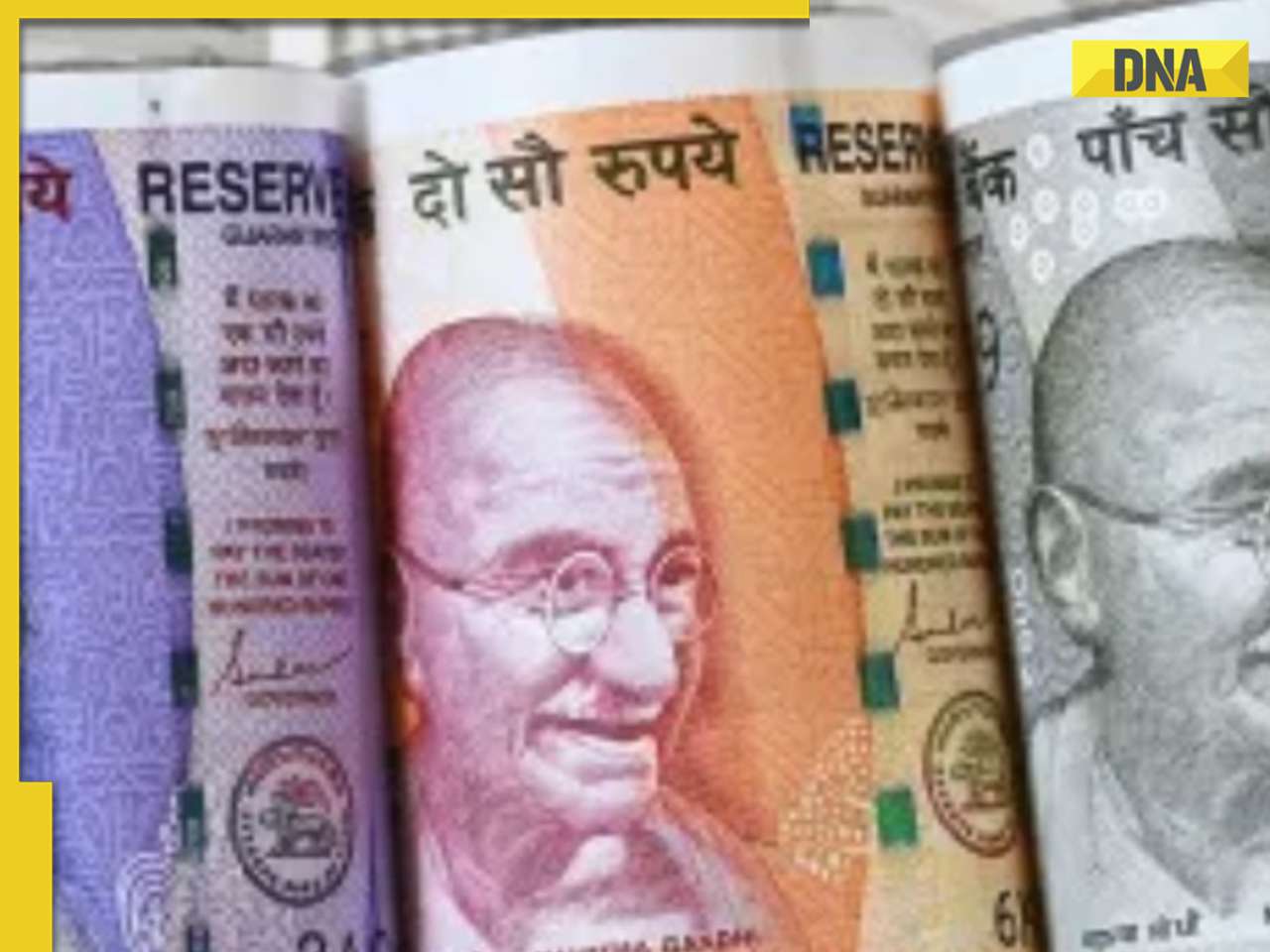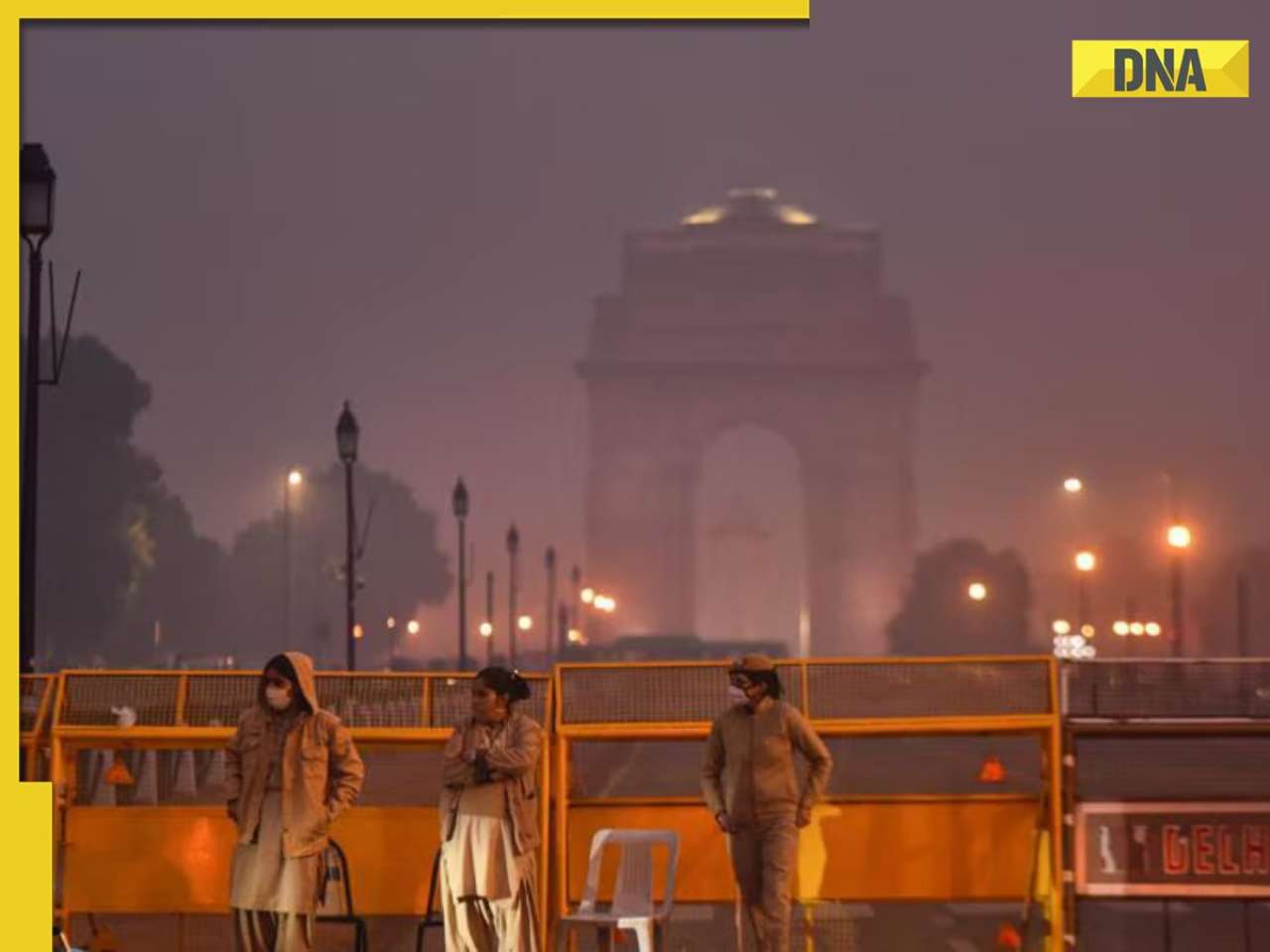- LATEST
- WEBSTORY
- TRENDING
WORLD
Is the world sitting on a tinderbox?
With Iran forced into nuclear talks, Syria's ceasefire barely holding, and North Korea snubbing the West, could these rogue states threaten global stability, asks David Blair.
TRENDING NOW
With Iran forced into nuclear talks, Syria's ceasefire barely holding, and North Korea snubbing the West, could these rogue states threaten global stability, asks David Blair
The conference centre was cleared of alcohol, a prayer room prepared, and female officials advised to dress with a special touch of modesty. When Iran's negotiators are in town, the challenge of hosting them without offending their fragile sensibilities follows in their wake.
These black-clad, silver-haired men came to Istanbul yesterday to do verbal battle with the world's leading powers. With hardened realism, a diplomat warned beforehand that a wise observer would set his sights low.
Nonetheless, Iran is back at the negotiating table, formally meeting its adversaries for the first time in more than a year. Not only is the Islamic Republic talking again, but its leaders have quietly dropped a raft of preconditions and begun discussing their nuclear ambitions.
Incredible as it may seem, Iran refused to talk about its nuclear programme - the crux of its confrontation with much of the rest of the world - when the last negotiating session was held.
This is not the stuff of breakthroughs, yet by the modest standards of diplomacy between the West and Iran, yesterday's gathering counted as the small blow of a chisel on permafrost. Speaking about the talks last night, a Western diplomat hailed a new "constructive" attitude from Tehran, but cautioned against expecting too much.
While the Iranians conceded talks on the nuclear issue, their only ally, Syria, began observing a ceasefire, though the army shelled the city of Homs again yesterday and one person was reported to have been killed. President Bashar al-Assad seems to have at least diminished the bloodshed he has inflicted on his people.
Meanwhile, the most quixotic rogue state of them all, North Korea, has been humiliated by the failure of its bid to put a satellite into space. The rocket that was launched with such fanfare, only to fall apart in the Earth's atmosphere, was - the US believes - a prototype ballistic missile with the real purpose of firing nuclear warheads on to enemy capitals, not delivering satellites into orbit.
So April seems to have been a bad month for the countries that George W Bush dubbed the "axis of evil". Almost a decade ago, during his State of the Union address in 2002, Bush coined that phrase to describe Iraq, Iran and North Korea.
He went on to topple the ruler of the first of that trio. The surviving members of Mr Bush's axis - if he was still in the White House, he would doubtless include Syria in this club of infamy - still pose a critical threat to the security of the West.
As such, their fortunes matter to all of us: even the straws in the wind are worth watching. Of the three, Iran is by far the most important. If Tehran were to build a nuclear arsenal, the consequence would almost certainly be a new arms race in the Middle East, with a raft of countries scrambling to acquire the ultimate weapon.
Last month, President Barack Obama predicted that if Iran went nuclear, "four or five" other states in the region would follow suit, hugely multiplying the risk of war. Instead of the two-sided nuclear confrontation of the Cold War, perhaps half a dozen or more countries would be glowering at one another across the Middle East, each brandishing nuclear weapons, but without the panoply of hotlines, diplomatic contacts and early-warning systems that regulated the old super-power stand-off.
Add in the fact that this new nuclear crisis would take place in the world's most sensitive and troubled region and the home of most of its oil reserves - meaning that the slightest tremor would have immediate consequences on the oil price - and the prospect becomes more worrying still.
So any flicker of a change in Iran's approach towards its nuclear programme matters greatly. It might, just, mean that the world avoids this scenario in the decades to come.
And there are faint signs that Ayatollah Ali Khamenei, the Supreme Leader of Iran, could be weighing the consequences of his regime's present course.
Sanctions on Iran have begun to bite more painfully than many thought: the country's all-important oil sector is falling prey to a European Union embargo that tightens week by week and comes into full effect on July 1. Last year, EU members bought almost 600,000 barrels of Iranian crude every day, accounting for 24 per cent of the Islamic Republic's oil exports. When that disappears, Ayatollah Khamenei will lose billions of dollars of revenue.
And he relies on the money earned by exporting black gold to cover more than half of the national budget. If the Ayatollah does conclude that his nuclear ambitions must yield to economic reality - particularly as Iran's population doubles every 25 years and more than two thirds of its 70 million people are under the age of 30 - now might be a logical moment to make that decision.
The low politics of domestic survival could also point in that direction. Last month, Iran held parliamentary elections that went exactly as Ayatollah Khamenei would have wished: his allies triumphed; followers of President Mahmoud Ahmadinejad did badly. The latter has become a thorn in the Supreme Leader's side, causing an intense power struggle between the two men.
But Mr Ahmadinejad is clearly coming off worse. He is a lame-duck leader, compelled to step down when his second term ends in June 2013. The outcome of the recent election has left him doubly weakened.
Meanwhile, the reformist challenge that emerged in spectacular fashion with the mass street protests of 2009 has been successfully quashed.
If a leader has to feel strong at home in order to take a bold step abroad, Ayatollah Khamenei might now be in that position. "All sorts of things could go wrong, but the stars are in relatively favourable alignment," said Peter Jenkins, who negotiated with Iran as Britain's Ambassador to the International Atomic Energy Agency between 2001 and 2006.
The Ayatollah's supreme responsibility is to guarantee the survival of the Islamic Republic. If his public rhetoric is to be believed, he thinks the biggest threat comes from the "forces of arrogance" - his term to describe Iran's foreign "enemies", notably America, Britain and Israel.
But in his moments of realism, Ayatollah Khamenei might also consider that the real danger to his regime comes from economic stagnation and the burgeoning number of young, jobless Iranians. How long can an ossified, privileged, ageing elite coexist with a young, growing and all too often unemployed population?
"The Iranians are looking at the Arab Spring and asking, 'What happens if these sanctions bite and I have an Iranian Spring on my hands?'?" said Darren Ennis, a former strategic adviser to Baroness Ashton, the EU's high representative for foreign policy. "The Iranians have realised that sanctions have caused more harm than they originally suggested."
The logic is inescapable: preserving the regime means reviving the economy - which means sanctions must go. But they will only be lifted if Iran compromises over its nuclear ambitions. By this argument, it would be in Ayatollah Khamenei's self-interest to reach a deal.
Yet logic is not the Ayatollah's strong point. Aside from the Pope in the Vatican, he is, after all, the world's only religious leader of a theocratic state. He may not be much interested in such trifles as his people's economic well-being in this world.
Preparing them for the next world is his real concern - and Allah favours the austere, pious and dedicated. If sanctions are lifted and Iran builds bridges with the rest of the world, Ayatollah Khamenei fears that Iranians will offend the Almighty by becoming decadent and Westernised. And offending Allah is the one thing that ayotallahs are paid to avoid.
On such dilemmas as this - divine will versus political survival - hangs the future of global security. This is the supreme oddity of dealing with a theocratic regime.
And that quirkiness shows through even in negotiations with the Iranians. Whenever they want to privately confer, they have a tendency to declare that prayer-time has arrived. They "play the whole religion card when they want to duck out of the room," said an official who observed previous talks.
In 2007, Iran's then-foreign minister attended the same Egyptian conference as Condoleezza Rice, US secretary of state at the time. Their host tried to play the peacemaker by placing the two side by side at dinner. When Tehran's man spotted the ruse, he decided to skip the meal. What was his supposed excuse? A female Ukrainian violinist - part of a string quartet to serenade the diners - was wearing a sleeveless dress. Her bare arms were, apparently, an affront to a modern Iranian diplomat.
Cultural barriers of this kind do not impede dealings with North Korea. These run into the far more mundane problems of mendacity, duplicity and bad faith.
Last month,Obama agreed to supply North Korea with US food aid in return for a halt to Pyongyang's nuclear programme, which has already delivered a handful of weapons. America's reward for this conciliatory gesture was this week's attempted rocket launch, which the US holds to be in violation of United Nations resolutions banning North Korea from testing missiles.
If this was the first foray into foreign policy for Kim Jong-un, North Korea's youthful new leader, it was a disastrous start. With one decision, he scuppered a deal with the US, missed out on food aid and made another round of sanctions more likely.
And the upside? Well, the rocket fell to pieces, having cost a bankrupt regime several hundred million dollars. This abject failure could not be covered up because North Korea had invited a selection of international journalists to witness what turned out to be its utter humiliation.
So the young Kim - dubbed the "glorious general" by his acolytes - has made just about every mistake possible. The danger is that he will try to cover his embarrassment by escalating tensions with his neighbours yet again. At the top end of the scale, Kim might attack South Korea's armed forces - or even test a nuclear weapon.
Blessed with far more tactical finesse than his young counterpart in Pyongyang, Assad in Syria has shrewdly chosen to use a proposed ceasefire for his own ends. Having hammered his opponents with a successful offensive for the last two months, the military situation in Syria favours Assad. It makes complete sense for him to freeze the status quo with a ceasefire. If the rebels try to challenge this, he will then be able to blame them for any bloodshed.
So the pause in Syria's ordeal amounts to nothing more than a cynical calculation by Assad. If Iran and North Korea have had a bad April, he is probably stronger now than at any time since the year began. His acceptance of a ceasefire amounts to a sign of strength, not weakness.
Assad will also know that his fate is bound together with Iran's. Thrust together by their shared antipathy to the West and their devotion to Shia Islam, Iran and Syria have an ironclad alliance. But they also eye one another nervously: any sign of weakness in Damascus is bad news for Tehran, and vice versa.
Assad's partial recovery in the last two months provides a rare crumb of good news for Iran. In the end, the Islamic Republic's leaders face the most acute case of the agonising choice that confronts all rogue regimes.
Does burying the hatchet with the rest of the world strengthen or weaken their grip on power? The safety of the world in the decades to come may depend on the way that rogue regime answers that dilemma.

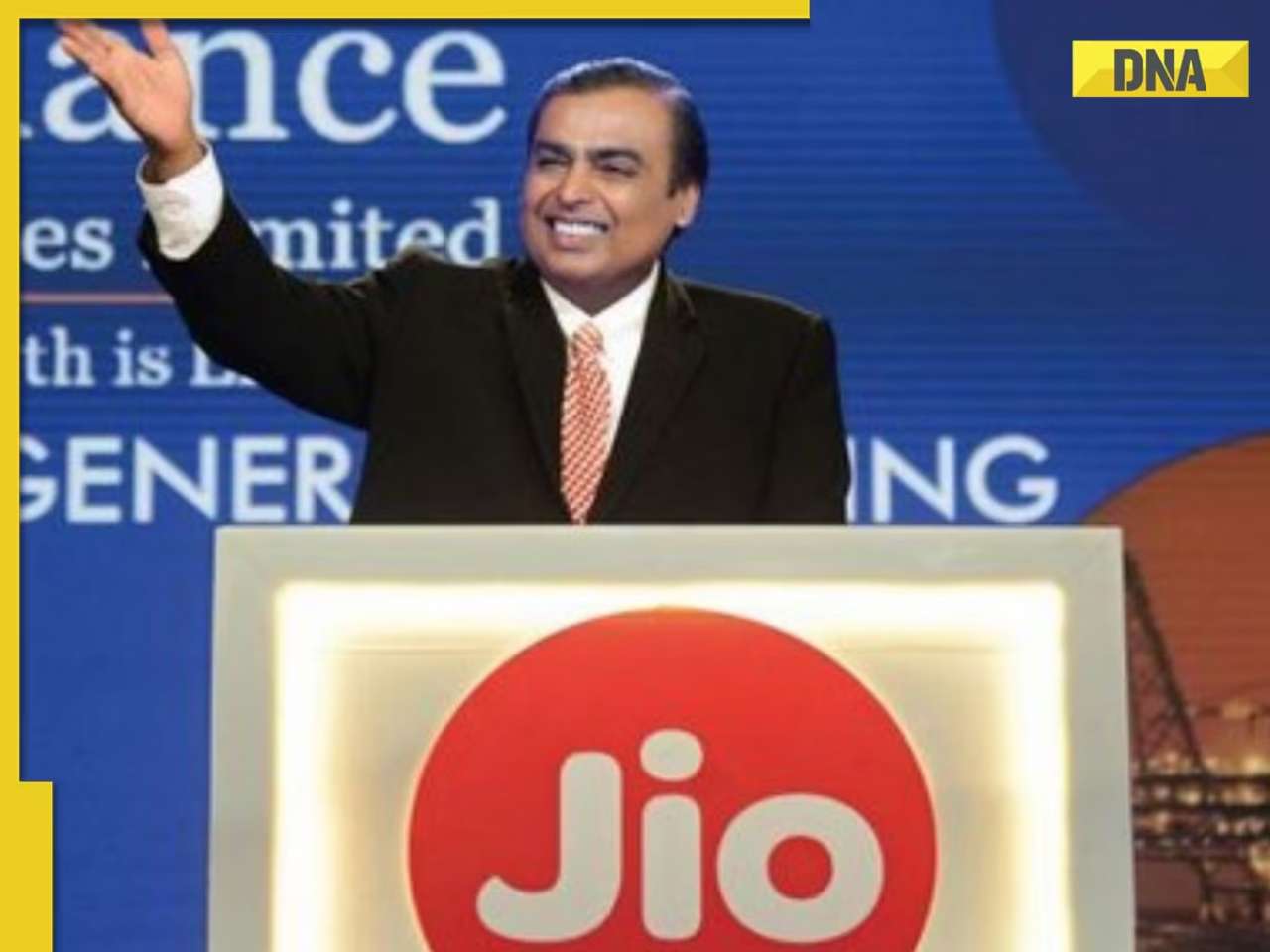
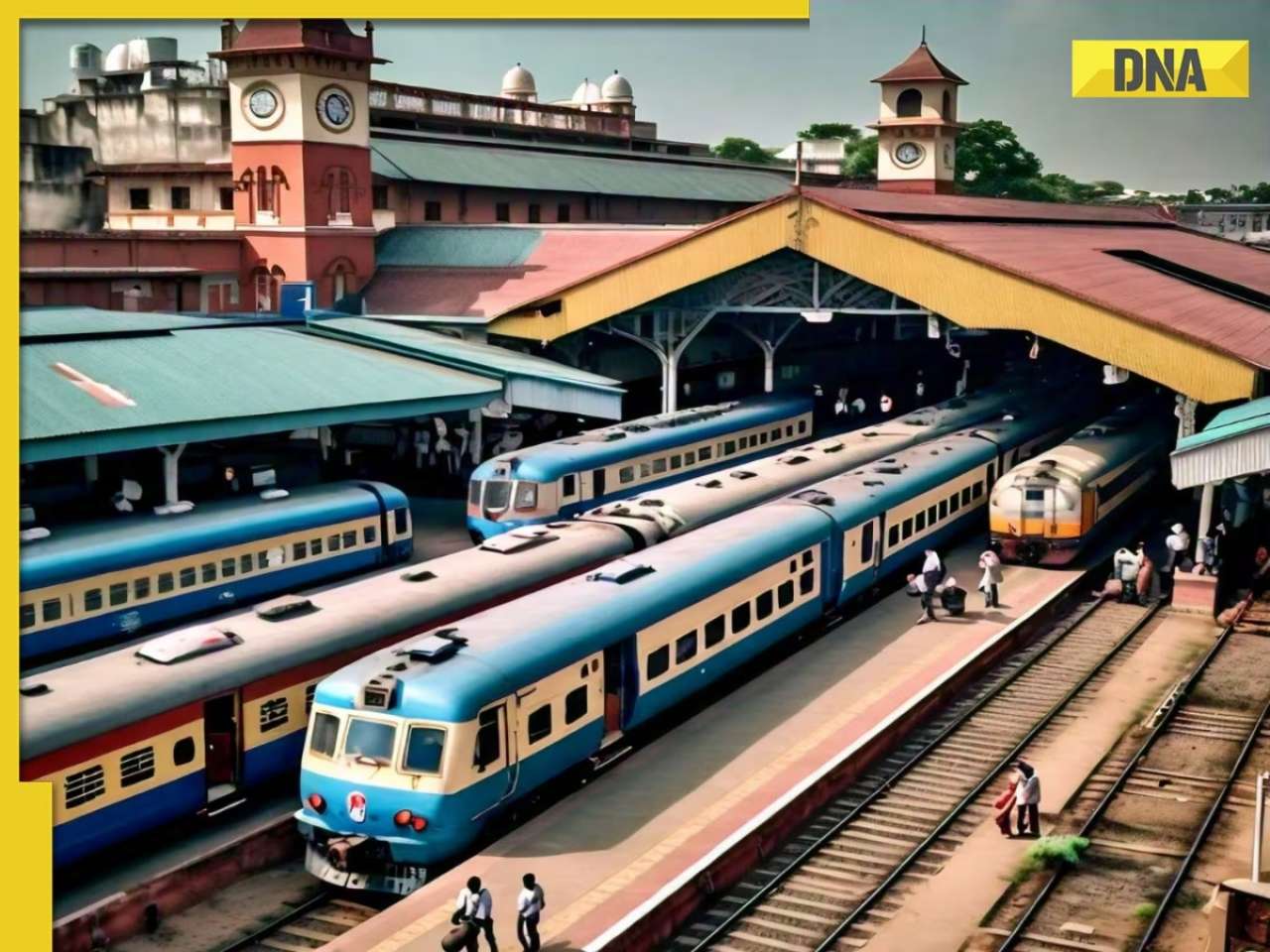





)
)
)
)
)
)
)
)
)
)
)
)
)
)
)









